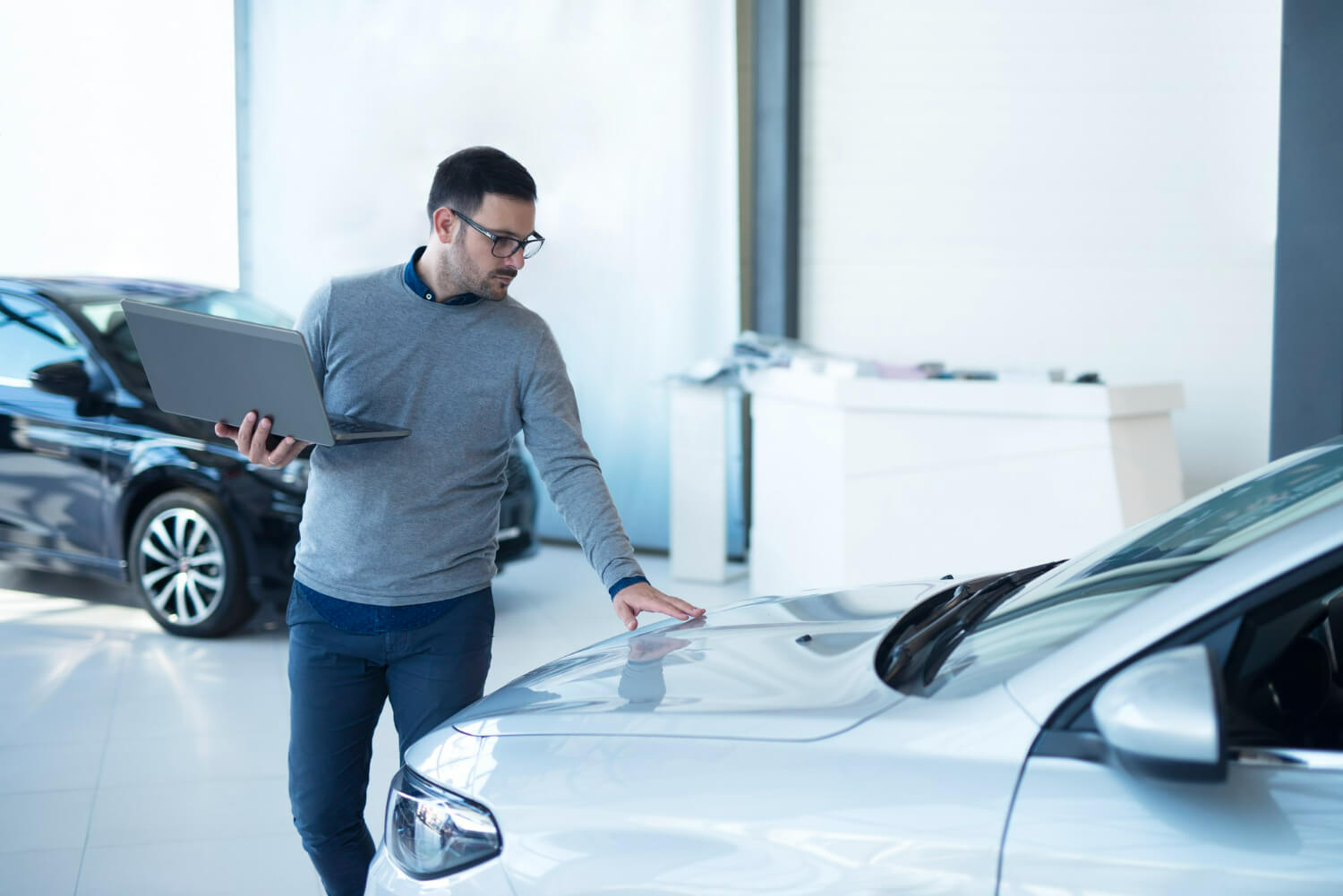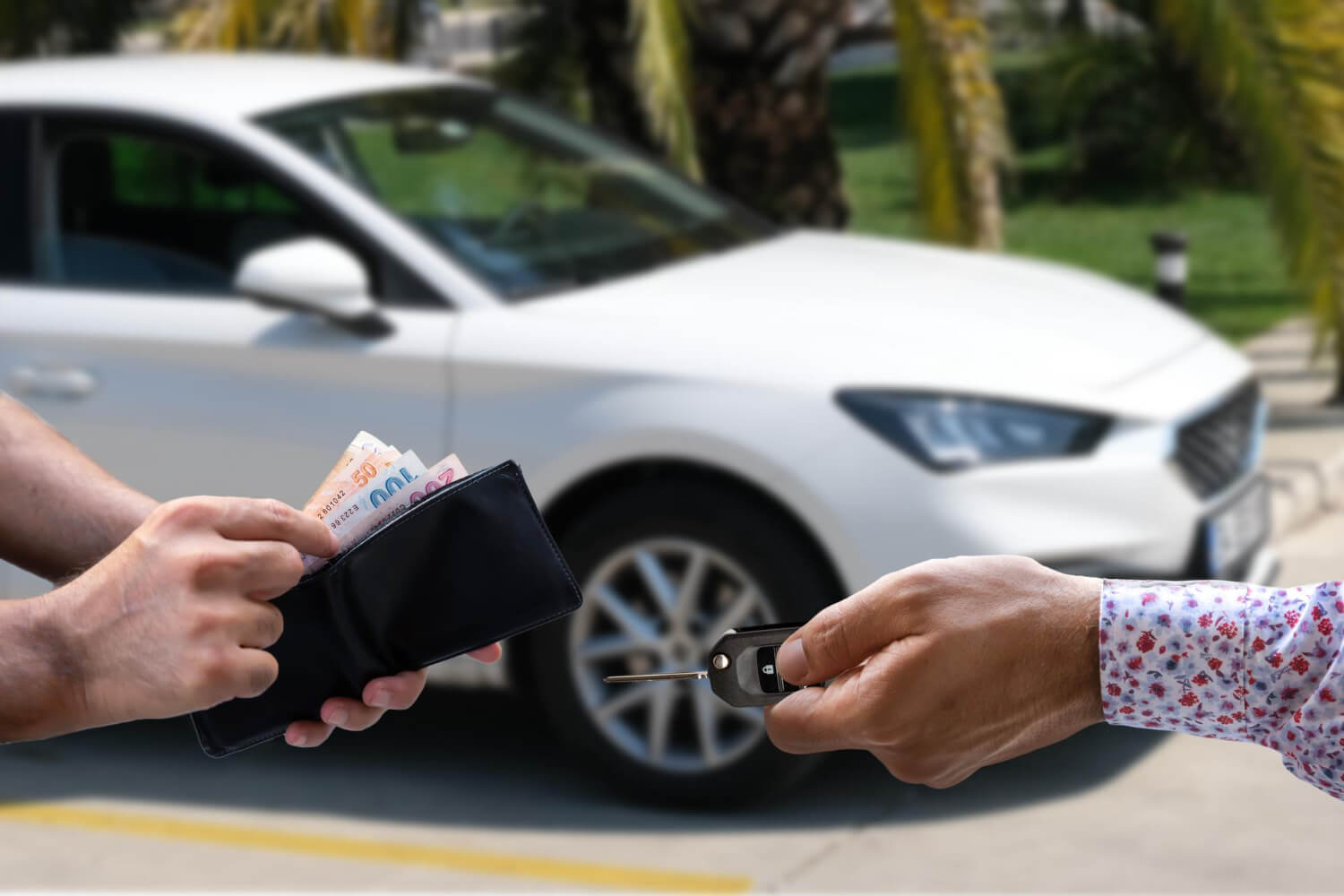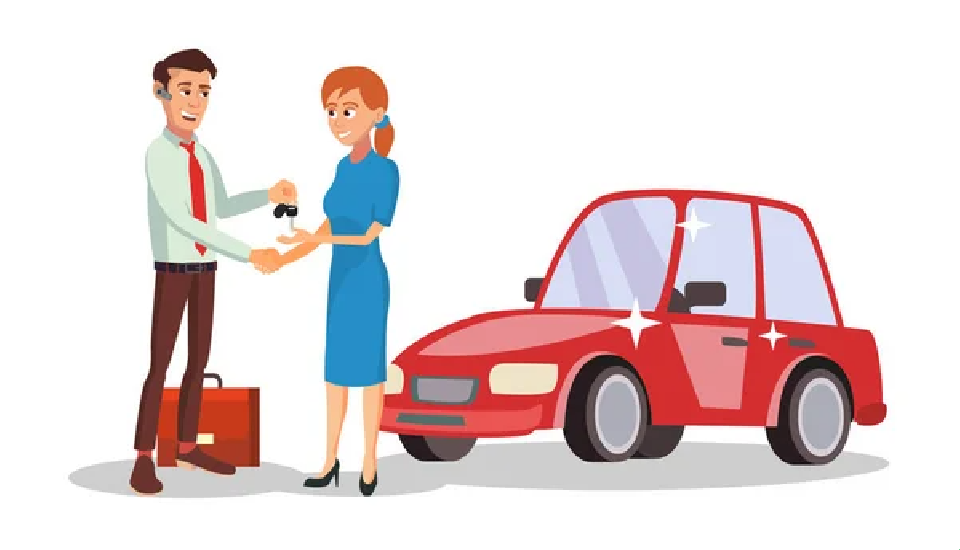Can I Trade-In A Car On finance?

You might be wondering if you can trade in your present car if you currently finance it because you feel like it's time for something new. The good news is that you can trade-in a car while it's still being financed as long as you know its current value and how much you'll have to pay to finish the loan. You can trade in your old car and use its worth to offset the price of your new automobile when you part-exchange a car with financing. Find out how it functions and if it's suitable for you by reading on.
What does it mean to trade-in a car?
When you trade-in, you pay for your new vehicle in part with the worth of your old one. If you decide to part with your old vehicle, the dealer appraises it and essentially purchases it from you. However, the dealer deducts the value of your old automobile from the cost of your new one rather than paying you cash for it. Therefore, all you have to pay is the price difference between your new car and the trade-in value of your old one. Simply put, trading in your old vehicle for a new one is what is meant when we part-exchange a car under finance. Part-exchange is extremely popular because it eliminates the need for you to separately arrange for the sale of your present automobile and the purchasing of a new vehicle. The dealer handles the paperwork, and you may sell and buy a car all at once. For example, your brand-new automobile costs $15,000. The dealer makes you a part-exchange offer of $5,000 for your old vehicle. Your new car's price is reduced by that $5,000, leaving you to pay the remaining $10,000.
How is the trade-in value of my old car determined by the dealer?
The value of a used car is based on a variety of factors. These factors include the vehicle's brand and type, age, mileage, condition, whether it has any desirable features installed, and even its color. The value of a car depreciates over time depending on all of these factors and more. Dealers typically utilize their own calculating method or one of the used automobile valuation guidelines created by industry professionals, which take into account all the above-mentioned elements.
How can you trade-in while being financed?
To trade in an automobile that you have financed, you must first know how much it is currently worth and how much you still owe on the loan. With the dealership you're trading to being able to perform a lot of the legwork, part-exchanging a car on finance is rather simple to execute:
- Look over your present financial agreement and request a settlement amount: You can request a settlement amount from the lender of your present financial agreement. This is the sum that must be paid in order for you to fully own the vehicle and end the current contract.
This will be the total amount of financing agreed upon at the outset, minus any deposits made and the amount covered by your past monthly payments. - Request a car appraisal from the dealership: Once you've got a settlement amount in your possession, you may find out how much - the dealer you wish to trade with - will pay for the vehicle. You should take the time to investigate how much you can obtain for the car through alternative selling channels if you're not satisfied with the amount provided because you are not obligated to accept it.
- The dealer should handle the rest: If the dealer's appraisal meets your standards, you can accept their trade-in offer and let them handle the rest. You just need to give them the information of your lender, including the settlement amount, and they can pay off the outstanding loan on your car. The V5C, service manual, and any other paperwork for the vehicle should be turned in as well.
Should you Trade-In your car on finance?
Trading in the car could seem like a simple solution to switch your car on credit, but not everyone will find it to be advantageous. In order to get the best value for your car, you should always look into all of your options since the dealer selling the part exchange may not necessarily have the best deal. You pay a price for selecting a time-saving strategy because dealers are likely to offer you less for your automobile than if you sold it to a private bidder.
Reasons why you should trade-in car on finance:
- You desire to purchase a new car as soon as possible.
- You do not desire the inconvenience of making separate payments for the balance.
- Compared to what you could earn by selling elsewhere, you've received more in part exchange.
Reasons why you should not trade-in car on finance:
- If you're willing to wait till your current contract expires
- If selling the vehicle somewhere else would net you a higher profit
- If you'll receive less money selling the car than the agreed-upon sum
- You doubt that your financial circumstances will let you enter into a new credit deal.
What if your equity is negative?
You won't have any money left over to put toward a new car if your car is in negative equity, which occurs when the balance left on your loan is worth more than the vehicle. Some auto dealers might propose to include this negative equity in a new car financing arrangement. For instance, you would have negative equity of $500 if your car was worth $9,000 but you owed $9,500. In order for you to pay it off along with your new automobile, a dealer may then add this $500 to your new car finance agreement. Although this may appear to be a simple approach to eliminate this negative equity, because you'd raise your new financing agreement's borrowing, you would pay more interest and run the danger of incurring additional negative equity. Therefore, if you have negative equity, it's probably best to wait until you have positive equity or, if you must change automobiles right away, try to pay off this amount.
Also read: How to Sell your Car Without Title
What are the alternatives to trade-in?
Depending on your situation and the reason you wish to trade in your car, a trade-in may not even be your only alternative. Alternatives to trade-in that might be considered include:
- Waiting. Even though now isn't the best moment to part with your car, that doesn't necessarily mean that it won't be an option in the future.
- If your equity is negative, you might want to keep paying your bills until it is positive, and only then should you think about part-exchanging. Naturally, this is dependent upon how rapidly you wish to swap out your vehicle.
- Returning your vehicle when your contract is up. You can decide to return your car at no additional cost if you have a PCP or hire purchase contract.
- Selling your car and paying off your debt early.
- You can ask for a settlement sum, settle the debt, and then privately sell your vehicle.
Here’s what we recommend - Tips on Trade-In
There are several things you can do in order to try and obtain the greatest bargain if you decide to part exchange your car.
- When you go to trade in your car, have a price in mind.
- Look online to compare the price the dealer is offering to what similar vehicles are selling for.
- Knowing the value of your car will give you more leverage when haggling with the dealer.
- The dealer who accepts your vehicle as part of a trade-in will want to sell it again.
- Find out from various dealers how much the new automobile you desire costs and compare their offers for your current vehicle.
- To increase your chances of receiving the greatest offer, make sure your automobile is in good shape and presents well.
Also Read: How To Take The Best Photos Of A Used Car For Sale





